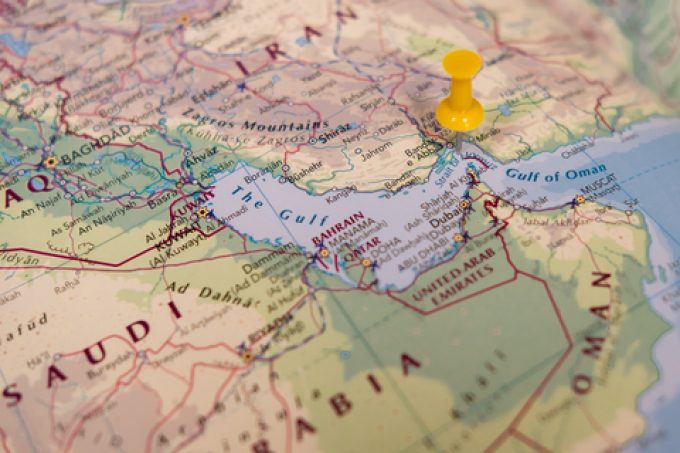MSC Aries crew set for release 'on humanitarian grounds', says Iran
The crew of the seized containership MSC Aries are reportedly set to be released after ...

Iran’s seizure of the 15,000 teu MSC Aries over the weekend is a cause for grave concern for pretty much anyone involved in global supply chains.
Footage of Houthi rebels storming a car-carrier in the Red Sea is one thing, it is quite another to witness Iranian national forces seizing an MSC-chartered vessel in the Straits of Hormuz on the basis of its links to Israel – the vessel’s owner is Zodiac Maritime, which although UK-based is controlled by Israel’s Ofer family.
It means carriers of all types – container, tanker and bulker – will have to rethink their Arabian Gulf networks and which vessels they deploy to the region. According to vesselsvalue.com, Zodiac Maritime’s fleet is 140 vessels: 36 bulkers, 50 containerships, 40 tankers, five LPG carriers and eight ro-ro car-carriers.
More worrying for the wider trade is the terrifying prospect that Iran could decide to effectively cut-off Dubai, as well as Arabian/Persian Gulf gateway ports such as Dammam in Saudi, Qatar’s Hamad and Iraq’s Umm Qasr, all of which had recent calls from the MSC Aries before it was seized.
Since the onset of the Red Sea crisis, Dubai has played a hugely important role as a pressure release valve for Asia-Europe and Middle East/India-Europe supply chains, particularly the latter, with Indian exporters to Europe hit especially hard by the increased freight rates due to Cape of Good Hope diversions, and shutting that off could have wide-ranging implications.
In this context, it also takes on a multimodal dimension, as Xeneta chief analyst Peter Sand explains: “Any widening of the conflict which has already resulted in huge disruption to ocean freight services in the Red Sea region would be extremely concerning.
“For example, Dubai is a regional hub for imports as well as sea-air corridors, with containers arriving by ocean via the Strait of Hormuz for onward travel by air to Europe and North America.
“If ships are impacted from sailing into the Arabian Gulf then the disruption would be considerable,” he adds.
There are few other regional transhipment options for carriers – If Dubai was cut off, so too would Abu Dhabi; APM Terminals-operated Salalah; Oman, is outside Hormuz but close to Yemen and Houthi forces; and Sri Lanka’s Colombo is currently struggling with congestion issues of its own.
However, many regional sources are adamant it will not come to this, arguing that a full-scale closure of Hormuz would be too detrimental to Iran’s economy; not to mention the profound shock it would put on global fuel prices, given that it is the chief export route for Middle East oil exports and the subsequent threat to Saudi and UAE economies.
Meanwhile, and the presence of US naval bases at several locations in the Gulf would suggest that there are only a few, small steps from closing Hormuz to dangerously escalating the conflict.
In the immediate future, however, it is almost a certainty that insurance costs will rise with war-risk premiums implemented, and most likely accompanied by rising freight rates.
Comment on this article